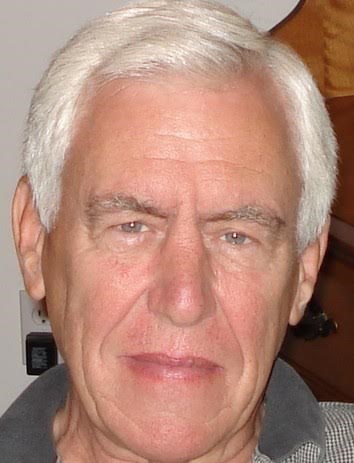Spirit as energy structured by information makes the creation happen. The presence of the Creator Spirit in everything and everyone means that in God “we live and move and have our being,” as St. Paul said to the philosophers in Athens.
But the spirit not only creates organized energy it also brings these intelligible realities to be known in the minds of sentient beings. Spirit has a cognitive function. It makes knowledge possible. Knowledge requires some relationship between the knower and what is known and the spirit is active in the relationships of knowing.
Martin Buber was the great Jewish philosopher of spirit in human relationships. He said the spirit operates “in the sphere between” people or between  knowers and whatever is known. The spirit of respect, or more accurately, love and justice has to be there for one to know the other intimately and accurately. Love, he said, is to step into the presence of the other and listen. He called this kind of knowledge an “I-Thou” relationship. It happens when one’s imagination of the other is true, not a kind of fantasy. Spirit is the energy and information of truth found by the imagination truly meeting what is known.
True imagining of others is the necessary basis for another kind of knowledge that Buber calls “I-It” knowledge. This is the knowledge achieved by cool, objective, critical analysis and discernment with appropriate comparisons and categories and methods. We call this kind of knowledge scientific knowledge. Buber, and perhaps most scientists, however, would say that the open, respectful and receptive, even loving, approach to the things we know is necessary and prior to how we categorize them scientifically.
The Bible focusses on three or four kinds of “I-It” discernment and makes it clear that the spirit is active in each, namely, in the discernment of law, wisdom, prophecy and gospel. To discern and to keep the law requires the activity of the spirit of love. Love obviously wants what is good for the loved one and the law has to be good and just if it expresses this love. If this love were consistently put into practice by law keepers and lawyers, as it usually is, then the world could be a more just and gentle place than is sometimes the case. Law can be made and applied without love and justice being very much there. In those cases law becomes “an ass,” as the saying goes
Wisdom in the Bible is also clearly understood to be a matter of discernment by the spirit applied to individual and social well-being. There has to be love in wisdom, too, or it is not truly wise.  “An eye for an eye and a tooth for a tooth” sounds like wisdom but, in fact, it only perpetuates conflict.
Prophecy is motivated and empowered by the spirit. Time and again the Bible speaks of the spirit moving prophets to speak the truth to a problematic situation. Gospel is also seen as a kind of discernment, speaking of love by a loving speaker.
 As the basis of all kinds of objective discernment is the immediate activity of spirit in imagination bridging the knower and the known in a respectful, and, therefore, truthful relationship. If we are truly spiritual in our living we will be respectful, just and truthful in the ways we know others as well as in the ways we treat them.
 Paul Newman is author of and
Paul Newman is author of and
You can read more articles on our interfsaith blog, Spiritually Speaking,

